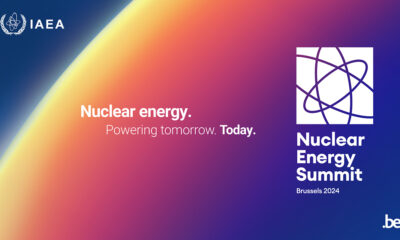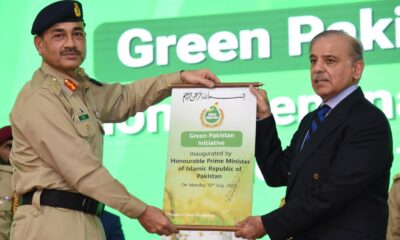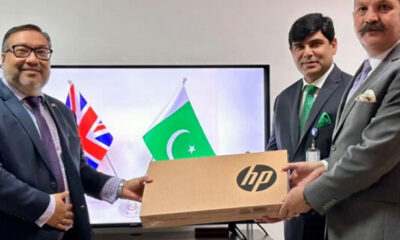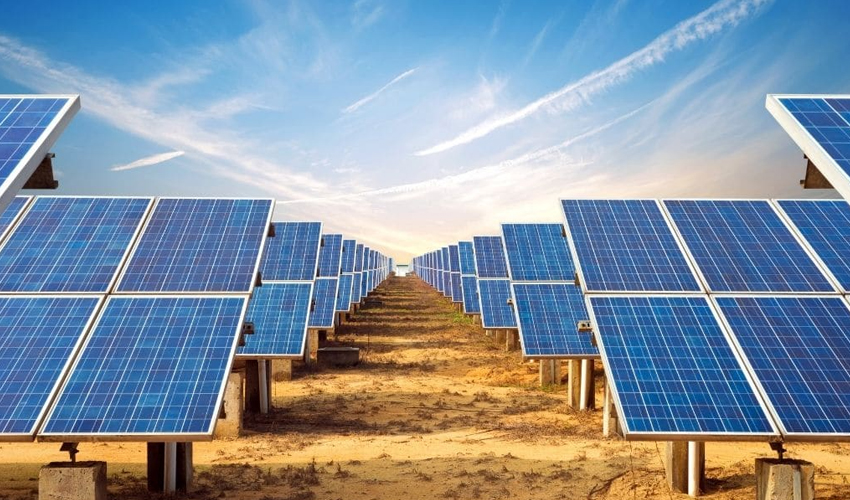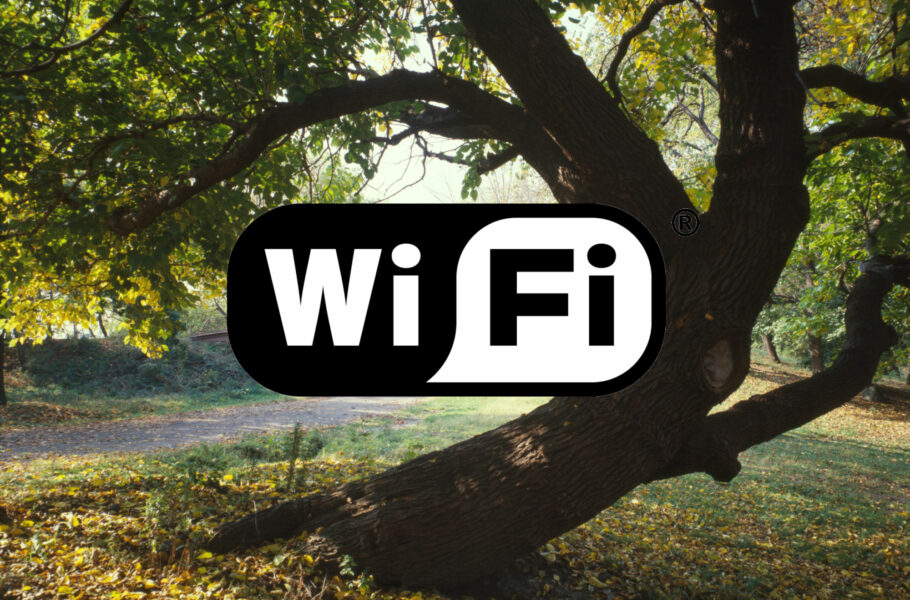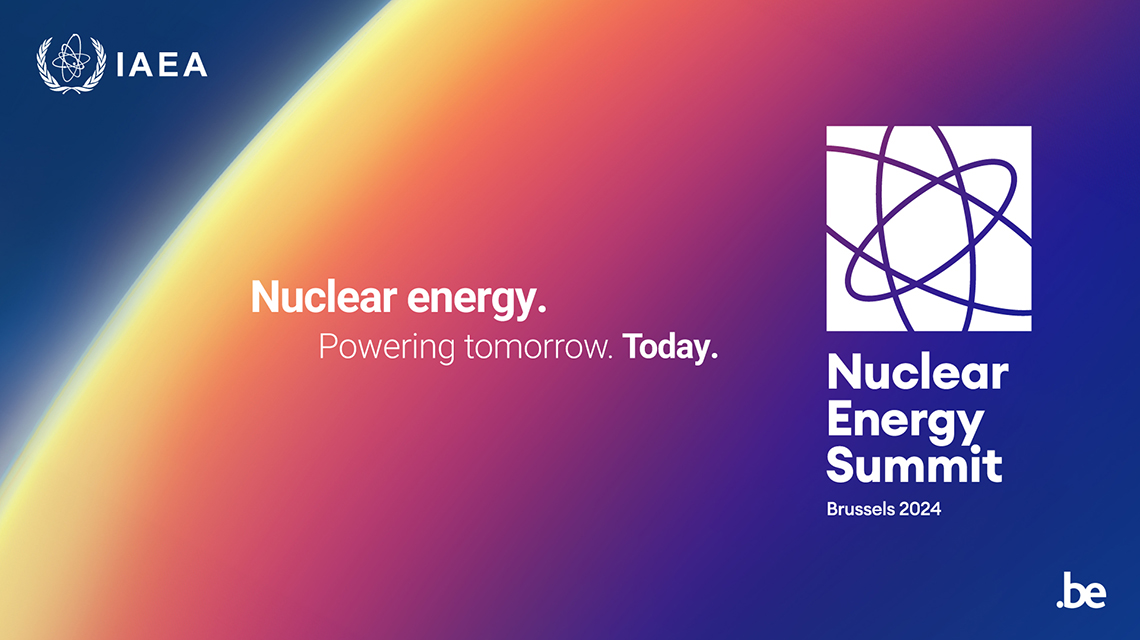Tech
Betavolt’s tiny nuclear battery can power anything for 50 years without charging — How does it work?
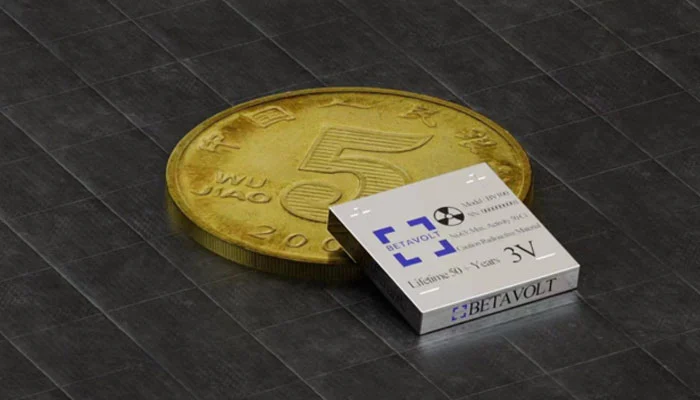
Latest News
Punjab will provide fifty thousand solar kits.
Pakistan
There will be free WiFi in public parks.
Pakistan
FM Ishaq Dar praises IAEA for using nuclear technology in a “peaceful” manner
-

 Business3 days ago
Business3 days agoThe IMF executive board will meet on April 29 to discuss the release of $1.1 billion to Pakistan, according to the report.
-
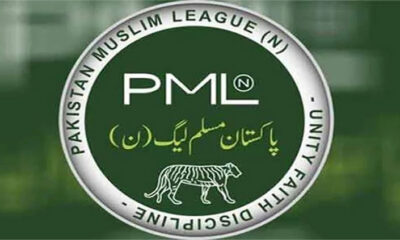
 Latest News2 days ago
Latest News2 days agoThe PML-N Punjab chapter convenes today to discuss organizational issues.
-

 Latest News3 days ago
Latest News3 days agoMadhubala, the elephant, will be moved to Safari Park starting next month.
-
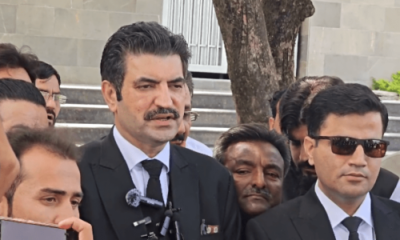
 Latest News3 days ago
Latest News3 days agoIHC prevents Sher Afzal Marwat of the PTI from being arrested by Punjab police
-
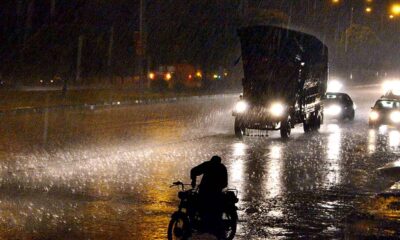
 Latest News2 days ago
Latest News2 days agoIn Punjab, the PDMA issued an alert for rain and snowfall.
-

 Business3 days ago
Business3 days agoExchange achieves all-time high: KSE-100 index surpasses 72,500 points
-
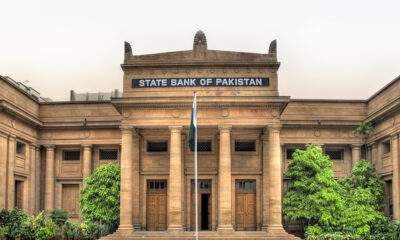
 Business2 days ago
Business2 days agoThere are US$13,280.5 million in foreign exchange reserves in Pakistan.
-

 Business3 days ago
Business3 days agoThe investment plan for K-Electric will be audited every three months.





